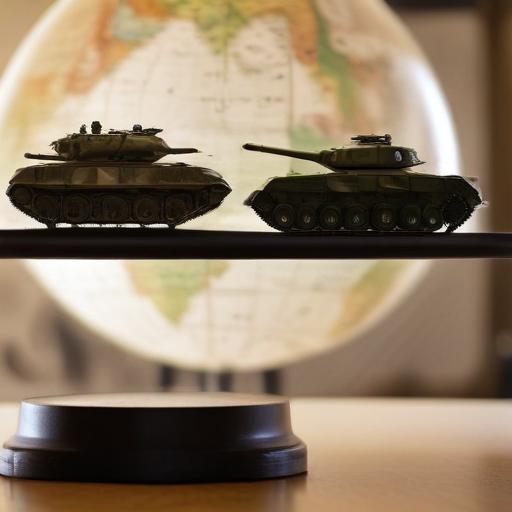The United Nations Security Council convened for its third emergency meeting to address escalating tensions in Iran, following two earlier discussions on the same issue last week. This latest session was requested by Iran after the United States conducted airstrikes on three Iranian nuclear facilities the previous Saturday. Tehran is demanding that the Security Council condemn these attacks.
On the tenth day of rising hostilities, UN Secretary-General António Guterres expressed concern to the 15 member states about the looming risk of a cycle of retaliation that could be avoided through diplomatic efforts. He emphasized the importance of protecting civilians and securing safe maritime navigation. Guterres called for immediate and decisive action to end the fighting and revived serious negotiations regarding Iran’s nuclear program.
Guterres highlighted the need for a credible, comprehensive, and verifiable solution that would restore confidence, including granting full access to the International Atomic Energy Agency (IAEA) inspectors. He reaffirmed the Nuclear Non-Proliferation Treaty as a cornerstone of international peace and security, emphasizing that Iran must adhere to its obligations fully. He urged all member states to act according to their duties under the UN Charter and international law.
In a related statement, Miroslav Jenca, the Assistant Secretary-General for Political Affairs, reported that shortly after the U.S. strikes, Iran’s Islamic Revolutionary Guard Corps launched approximately 40 missiles at Israel. Israeli officials reported over 85 injuries from the bombardments, which caused significant damage to infrastructure, including residential buildings and a nursing home in Tel Aviv and its suburbs.
The Iranian Health Ministry has confirmed 430 deaths and over 3,500 injuries as a result of Israeli attacks across Iran, predominantly among civilians. In contrast, Israel has reported 25 fatalities and approximately 1,300 injuries since the onset of the clashes with Iran.
At the meeting, IAEA Director-General Rafael Mariano Grossi warned that the non-proliferation regime, which has upheld international security for over fifty years, is now at a critical juncture. He stated that the catastrophic events in Iran have escalated following the recent bombings, which risk expanding the conflict further. Grossi stressed the need for peace in Iran, Israel, and the broader Middle East, advocating for a return to negotiations and the re-engagement of IAEA inspectors at Iranian nuclear sites.
This ongoing situation underscores the urgent need for diplomacy and dialogue as key pathways to de-escalate tensions and ensure the safety and security of civilians in the region.
